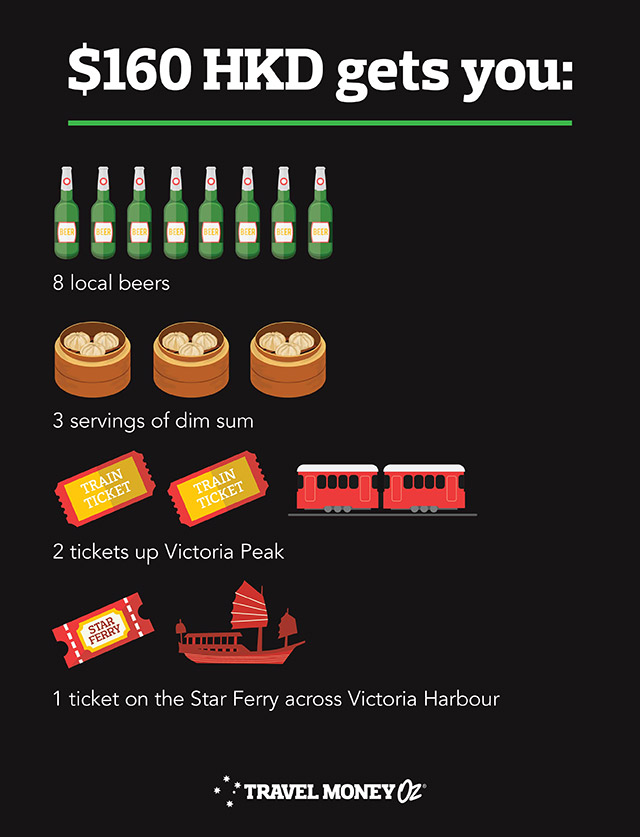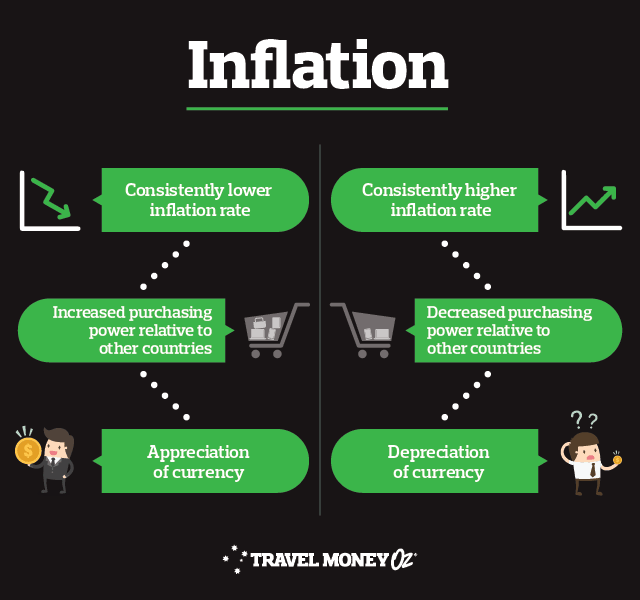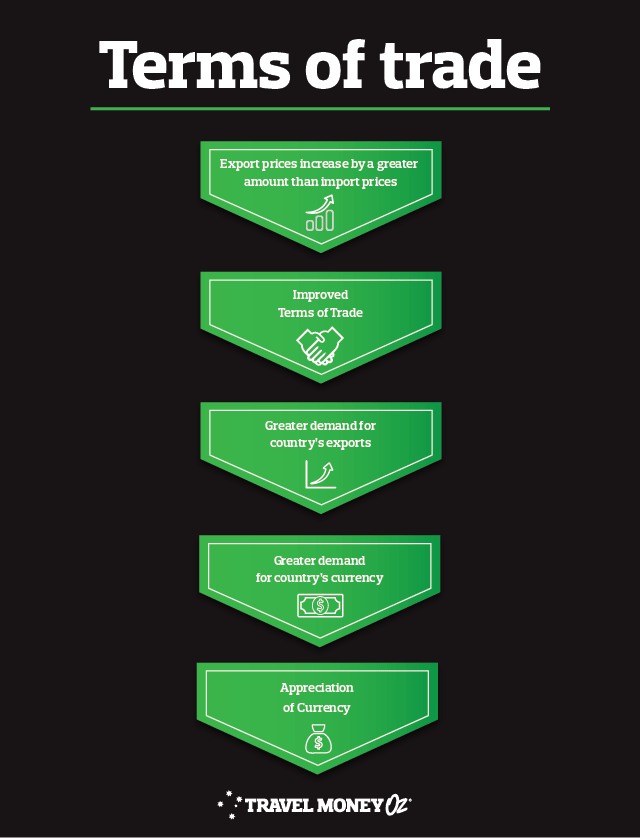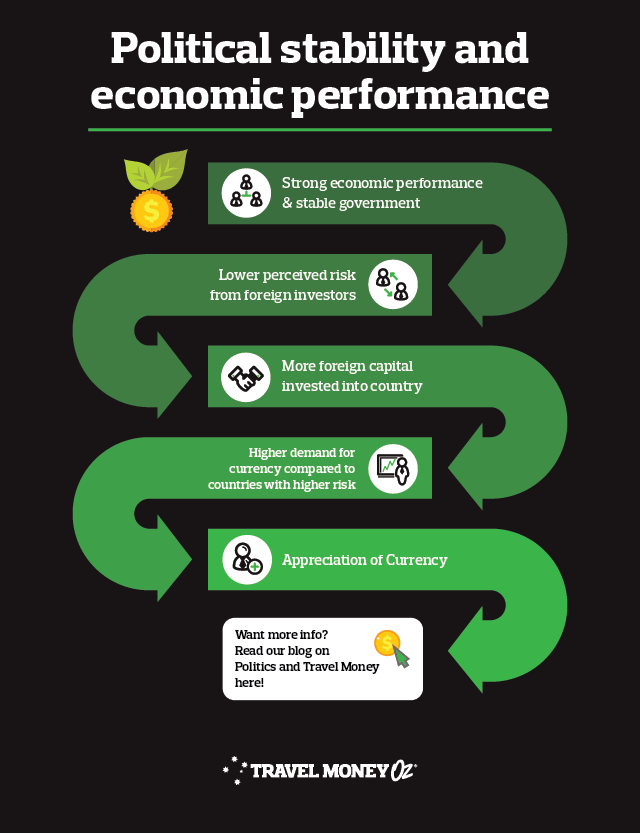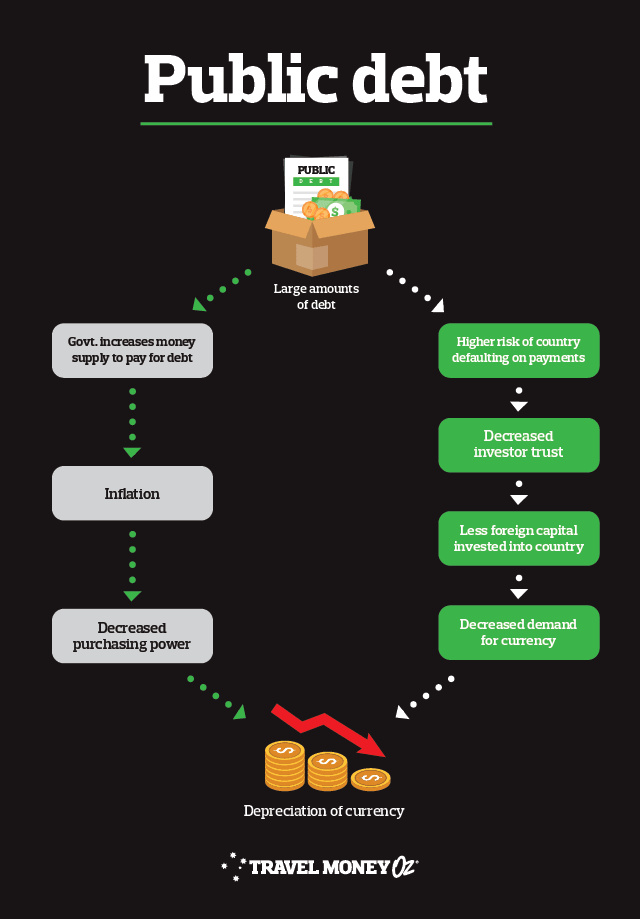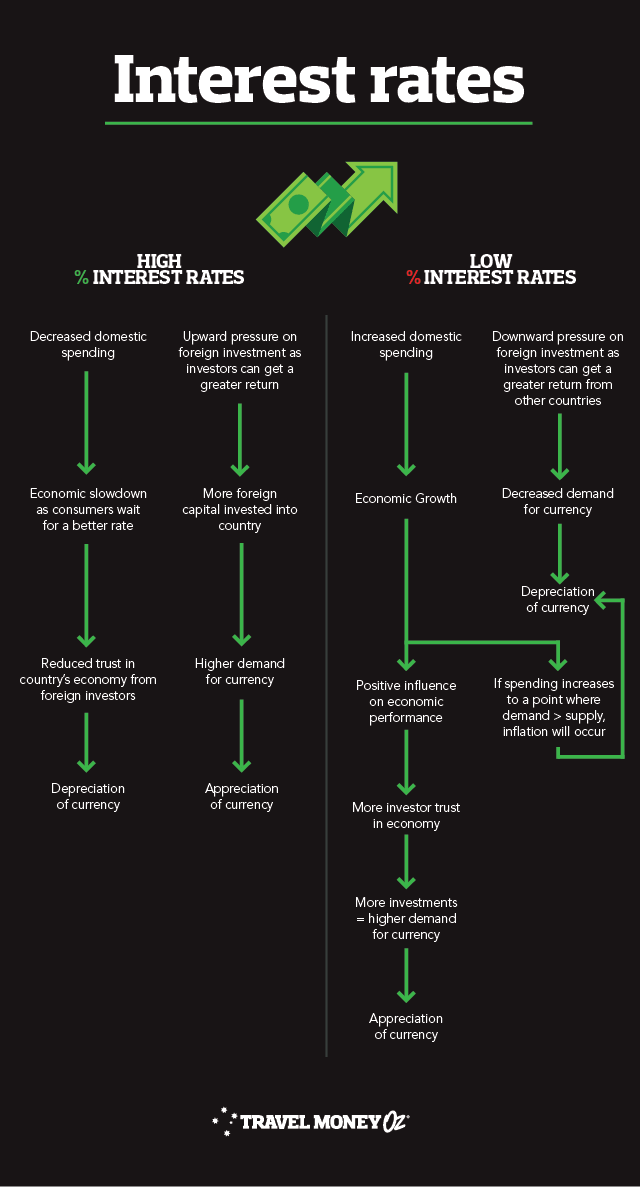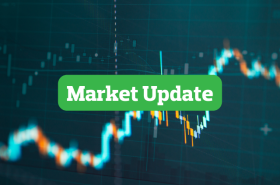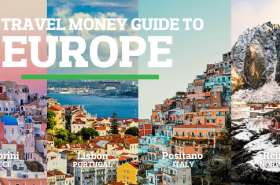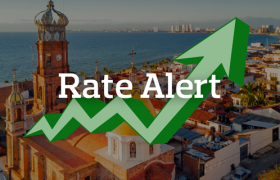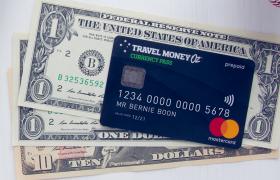Ain’t nothing like celebrating a foreign exchange win with a cold beer or eight, especially in Hong Kong’s humidity.
Next question – how do banks get these forecasts?
Short answer: they gain insight from a wide scope of information sources and make a prediction based on that. There is a lot of data out there, and many financial institutions have their own method of analysis. None of these are full proof though, so it’s worth consulting a few AUD to HKD forecasts for a well-rounded view on when to purchase your travel money.
If you wanted a thorough understanding of the metrics behind the predictions, I would recommend you enrol in a university economics degree because that shiz is bananas. Alternatively, if you are just after a baseline understanding, we have thrown together a traveller friendly guide. At its core, you just need to get a solid understanding of the relationship between macroeconomic fundamentals and exchange rates.
Get started with a few key definitions.
Appreciation: When the value of one currency increases relative to another. E.g. If the AUD went from 5.5 HKD to 5.9 HKD it has appreciated (cheers to more beers).
Depreciation: Surprise surprise, this is when the value of a currency decreases relative to another. E.g. If the AUD went from 5.9 HKD to 5.5 HKD (might be worth sticking to the waters if this is the case).
Higher valued currency: Cheaper imports (no more abandoning that online shopping cart), more expensive exports and extra spending money at Hong Kong’s finest retailers.
Lower valued currency: More expensive imports, cheaper exports (more Aussie beef in Hong Kong) and less cash for your visit to Macau.
Inflation: The rate at which the general level of prices for goods and services is rising and, in turn, a currency’s purchasing power is falling. In other words, $40 back in the day used to get our grandparents dinner, dessert and a cheeky beverage or two. Now it only pays for the ice in our drink and the patronising stare of the retail assistant as we transfer more funds into our internet banking account.
Economic growth: The increase in an economy’s capacity to produce goods and services. Growth is generally good, but we don’t want it to be too fast. Good growth is like buying a ticket up to Victoria Peak and getting spoiled with gorgeous views. Bad growth is like buying a ticket to only get up and have 0% vision as the Peak is shrouded in smog.
Feeling smarter? Wise up even more with these infographics.
It’s important to keep in mind that, as mentioned above, AUD to HKD exchange rates are influenced by a multitude of factors. Ultimately, they sum up the supply and demand of a currency in an easy to measure metric.
Actual demand is driven by people’s perception of a currency’s value, and this perception alone is influenced by economics, politics and the media (to name just a few).
You also need to remember that the changes are relative to the other country in which the currency is being compared to. All elements interact and influence each other separately, so they must be considered all together and aligned with both countries to get a truly holistic view.
With this in mind, it is wise to keep an eye on what’s going on in both Hong Kong and wider global politics when looking at AUD to HKD predictions. A trade agreement, change in leadership or scandal can lead to a media frenzy that causes the public to potentially gain or lose trust in the economy and, potentially, put pressure on the HKD.
If you’re still struggling to wrap your head around the whole thing, just remember the following:
More trust = more people willing to invest in country = greater demand for currency = appreciation
Less trust = less foreign capital invested into country = decreased demand for currency = depreciation
From a travellers perspective, we don’t have a great deal of control over how the AUD will perform against the HKD. However, a little bit of knowledge and pre-planning can leave you with some more spending money in your back pocket. Better yet? Sign up for
currency alerts and let us do the hard work for you.
Don’t stress about missing out on a better rate after purchase either! Add
Rate Move Guarantee in store and we will refund you the difference should the rate change within 14 days.
*Prices are approximations based of the difference between mean estimates for AUD to HKD in Q2 2020 and Q3 2020. Keep in mind prices may vary across states and individual vendors. Cost and quantity estimations should be used as a guide only. This blog is provided for information only and does not take into consideration your objectives, financial situation or needs. You should consider whether the information and suggestions contained in any blog entry are appropriate for you, having regard to your own objectives, financial situation and needs. While we take reasonable care in providing the blog, we give no warranties or representations that it is complete or accurate, or is appropriate for you. We are not liable for any loss caused, whether due to negligence or otherwise, arising from use of, or reliance on, the information and/or suggestions contained in this blog.

